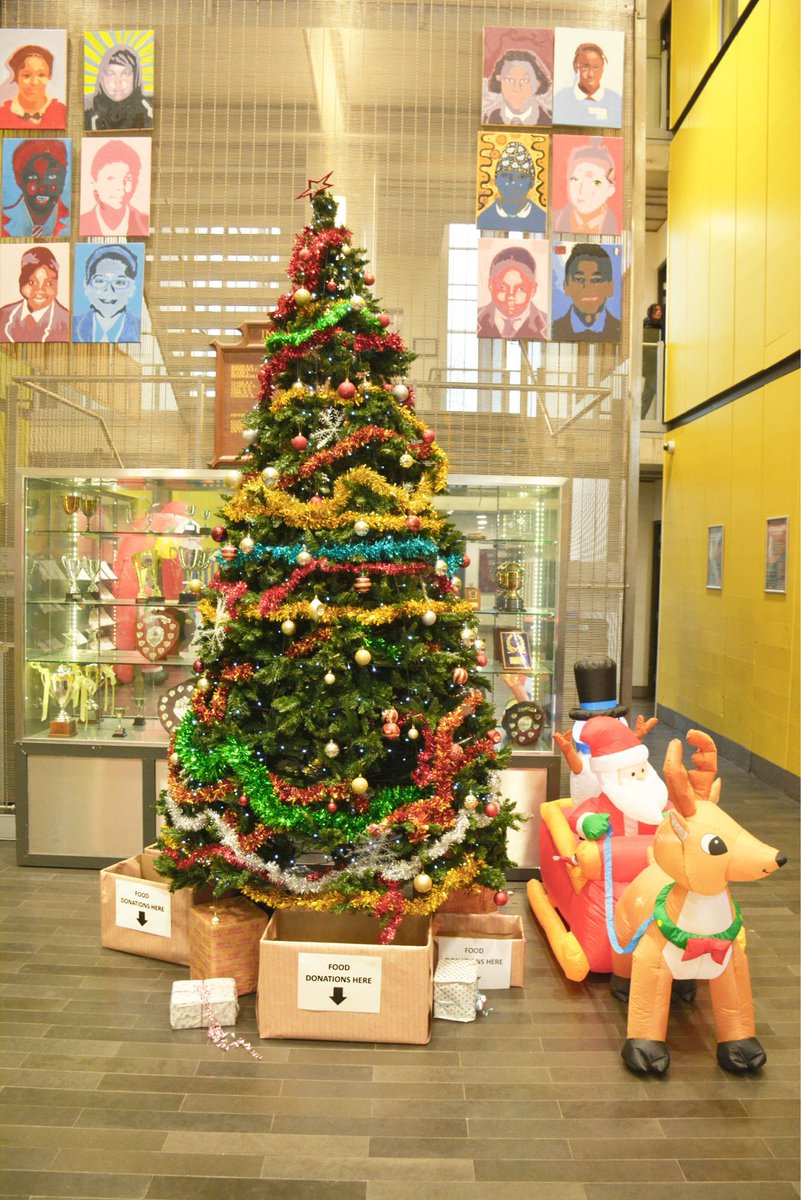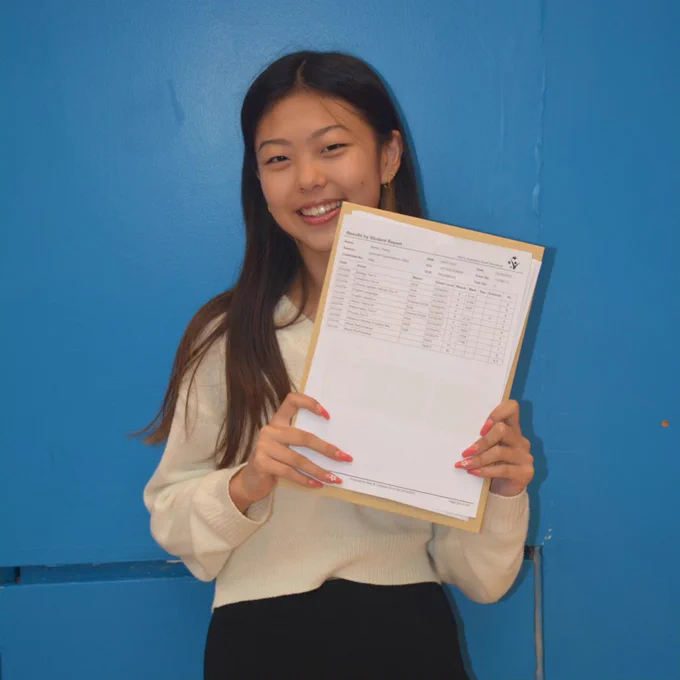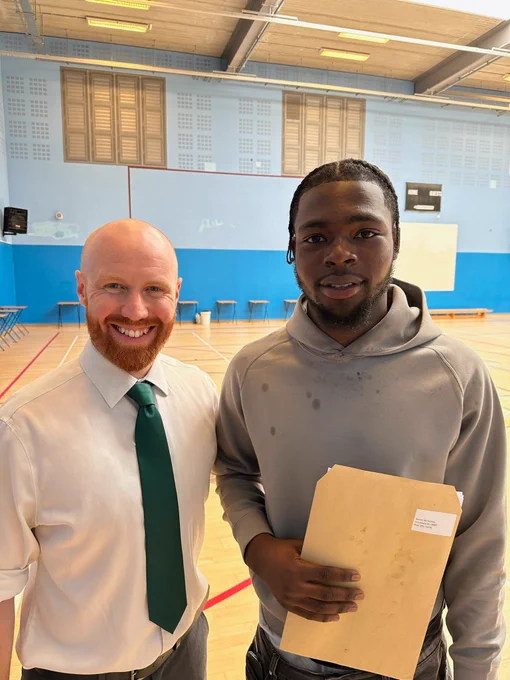Numeracy
At Harris Academy South Norwood, we firmly believe that all students should be numerate and it's with this conviction that we have implemented the following strategies to engage and promote the need for numeracy.
Numeracy (Catch up) (KS3). Small group of students in KS3 are with an assigned math teacher one day per week during tutor time. This session is used to close gaps in learning and address any misconceptions.
Tutor Time KS3
- Tutor time numeracy programme for all KS3 students weekly.
- Stage 1 – Improving Mental Maths
- Weekly recorded numeracy PowerPoints by the maths department.
- Stage 2 – Maths in the real world
Once a month real life scenario led by tutors.
Numeracy Across the Curriculum
- KS4 and KS5
- Cross curricula planning
- A member of the maths department will be responsible for the numeracy component of each subject
- The team member will meet with that subject once a month to ensure we are using common language across key numerical concepts
Numeracy Policy can be found here

What is Numeracy?
Numeracy is a proficiency, which is developed mainly in mathematics but also in other subjects. It is more than an ability to do basic arithmetic. It involves developing confidence and competence with numbers and measures. It requires understanding of the number system, a repertoire of mathematical techniques, and an ability to solve quantitative or spatial problems in a range of contexts. Numeracy also demands understanding of the ways in which data are gathered by:
- counting and measuring
- presented in graphs
- diagrams
- charts and tables.
We believe the development of numeracy skills is a basic entitlement for all pupils. Poor numeracy skills can hold back students’ progress, not just in Mathematics lessons, and can lower self-esteem. Improving these skills is a whole-academy matter.
Why is Numeracy important?
Everyone needs to be numerate to maximise their life chances and to make a positive contribution to society.
We want every student to reach a level of numeracy that allows them to follow the career or further education path of their choice when they leave us. We want them to reach a level of numeracy that enables them to realise their full potential and carry out day-to-day numerical tasks with ease.
Students at the academy experience numeracy in a range of subjects, not just Maths. From weighing ingredients in food technology to calculating average times in PE, all subjects aim to give students a grounding in numeracy.
Mathematics teaches us how to make sense of the world around us through developing a child’s ability to calculate, reason and solve problems. It enables children to understand and appreciate relationships and pattern in both number and space in their everyday lives.
Our Numeracy policy has been developed to inform both teachers and parents about strategies used for teaching key topics within the Mathematics Department.
Other departments and schools within the Academy use this policy to understand how topics are taught in Mathematics, meaning that the teaching of topics is more uniform and thus makes students learning easier.
It is hoped that the use of the information provided in the links below will help you understand the way a number of key topics are taught to your children, making it easier for you to support them with their homework and, as a result, improve their progress.























